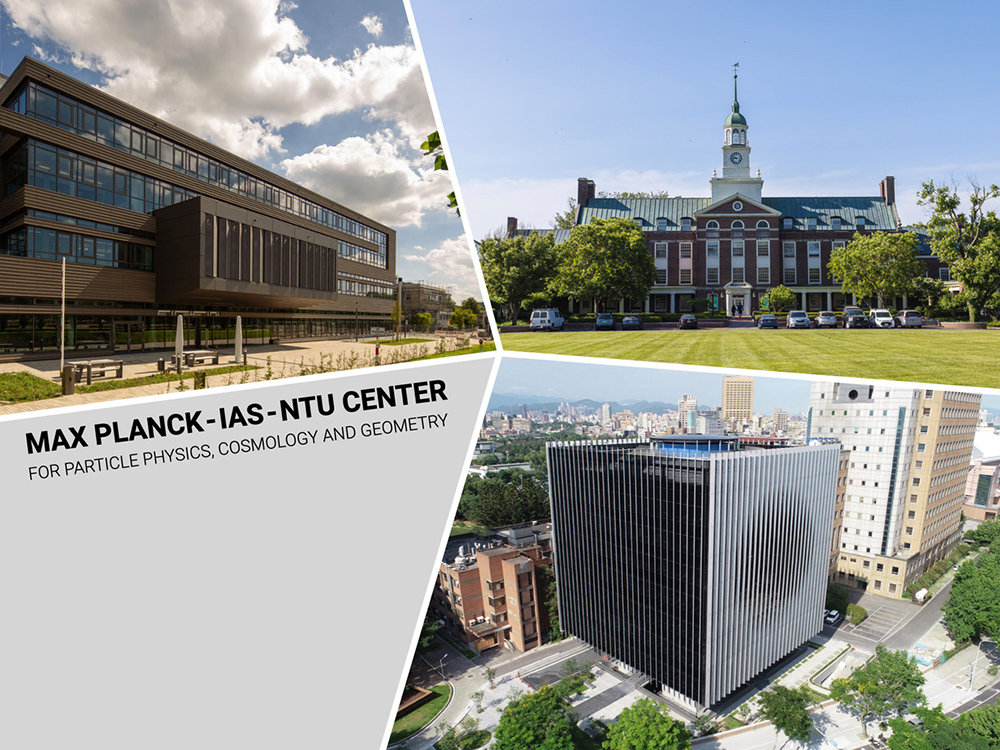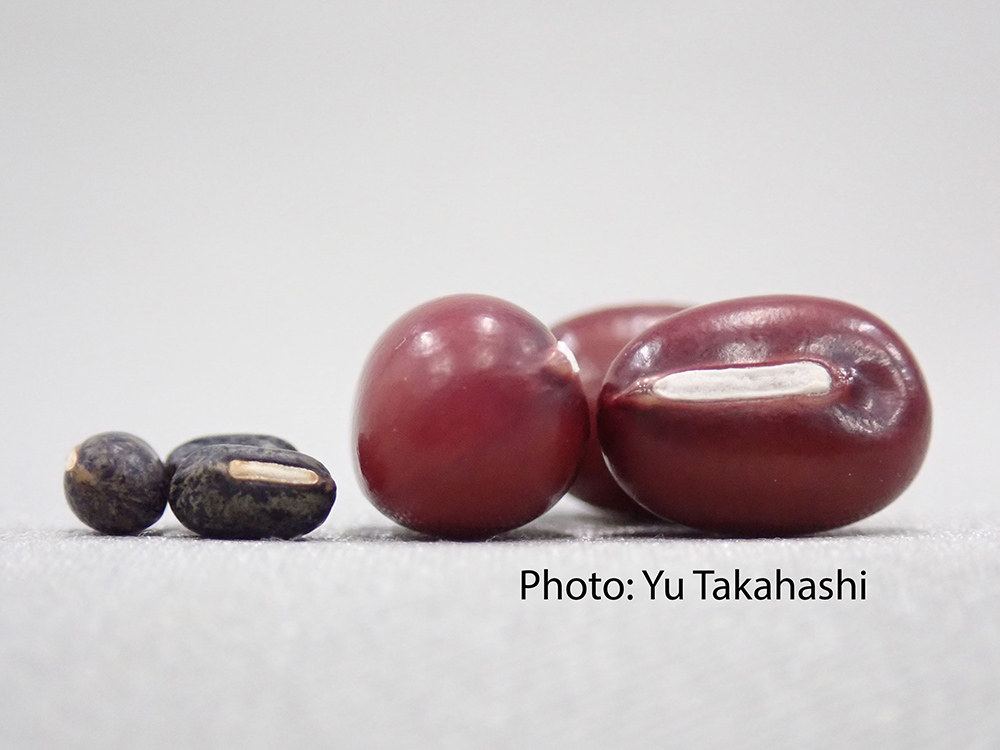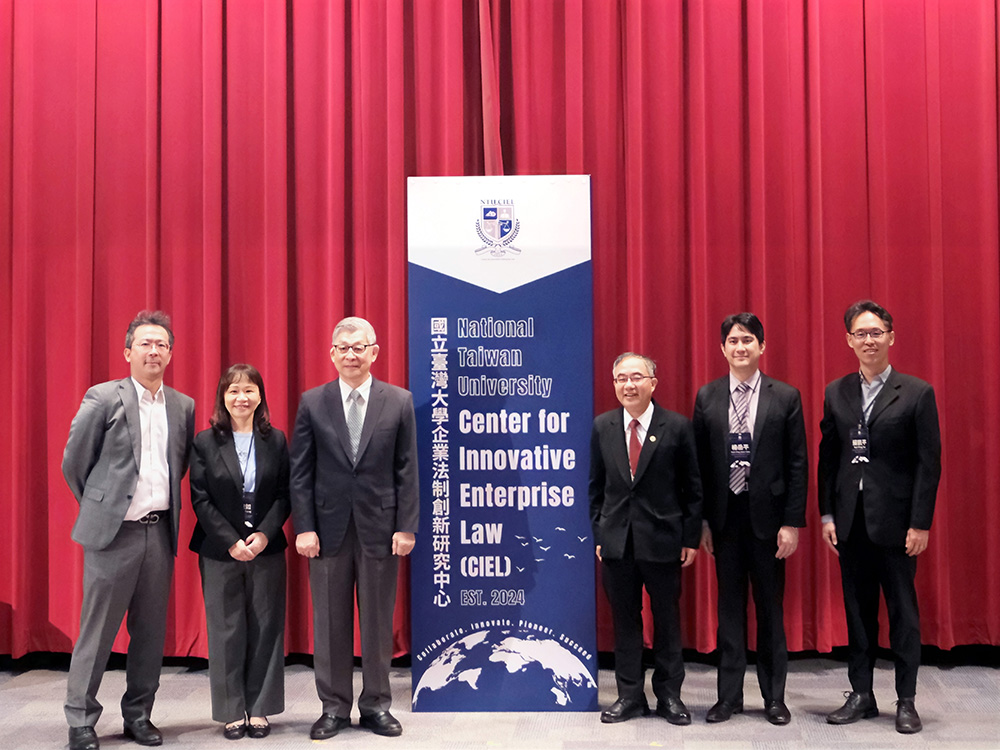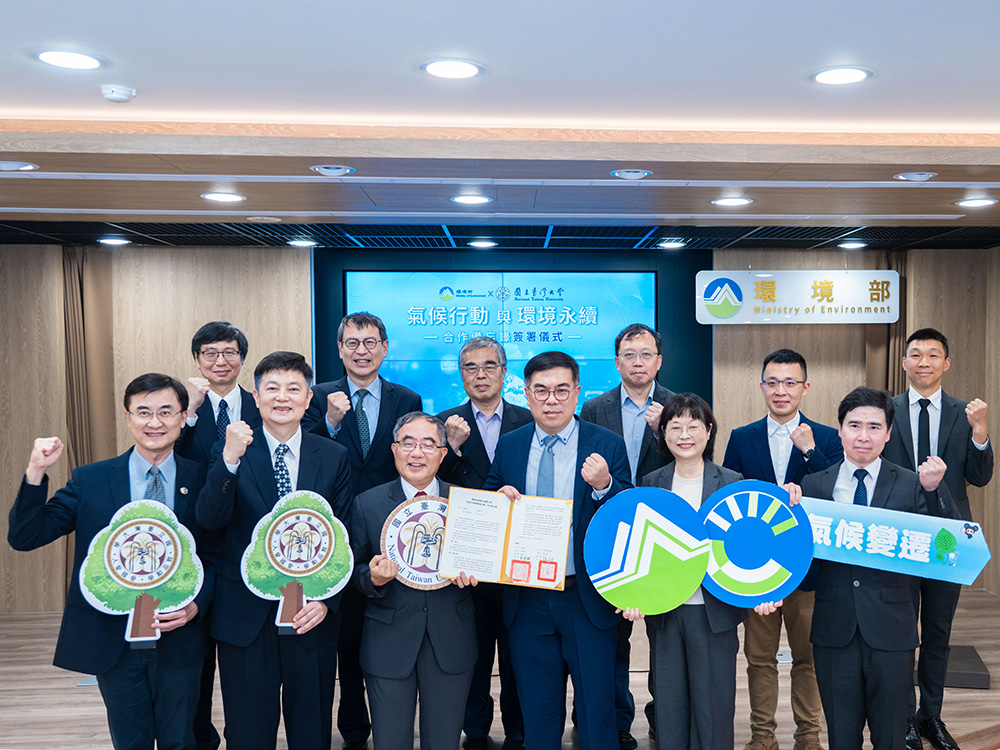
A new milestone for science at NTU: The inauguration of the Max Planck-IAS-NTU Center
瀏覽器版本過舊,或未開啟 javascript
請更新瀏覽器或啟用 javascript
Spotlights
Attendees at the interdisciplinary seminar.
The 15th NTU Interdisciplinary Seminar was held by the College of Liberal Arts on September 13, 2017. The seminar was opened by then Interim President Ching-Ray Chang (張慶瑞; currently Executive Vice President for Administrative Affairs), Executive Vice President for Academics and Research Tei-Wei Kuo (郭大維; who currently also serves as NTU Interim President), and Dean of the College of Liberal Arts Mu-Hsuan Huang (黃慕萱). Professors of the college, including Shuo-Bin Su (蘇碩斌), Chia-Lin Lee (李佳霖), and Fu-Chang Hsu (徐富昌), were invited to present on their research.
Prof. Shuo-Bin Su from the Graduate Institute of Taiwan Literature delivered a speech titled “Modern Taiwan's Urban Planning, Bookstores, and Literary Experience." He traced the founding history of Chung-Chin South Road (重慶南路), Taiwan’s most famous “Book Street,” from the reopening of Niitakado Bookstore (新高堂書店) in 1915. He argued that modern urban planning in the colonial age brought Taipei a brand new city with spatial and thinking flow—which helped foster new bookstores and citizen’s “literary sensibility.”
Dr. Chia-Lin Lee from the Graduate Institute of Linguistics presented recent findings from her lab. Titled “Altered Network Architecture of Language Processing in Aging,” her presentation showed findings from her lab, where Dr. Lee and her colleagues capitalized on the strength of the Event-Related Potential (ERP) technique for language research. In particular, the lab team found that the right hemisphere (RH) is capable of processing syntactic information in a manner qualitatively similar to that of the left hemisphere (LH). These LH-equivalent language capabilities in the RH become more observable in such circumstances as health aging when the inhibition from the LH is weaker. Follow-up studies from her lab will investigate the interdependent relation and coordination between the two hemispheres with a focus on how the RH can support the LH, the language dominant brain, when the LH deteriorates or is injured.
Prof. Fu-Chang Hsu from the Department of Chinese Literature presented on the unearthed literature of mathematics in ancient China. In his presentation, “The Ancient Science in the Unearthed Literature surrounding the Tsinghua Bamboo-Slip Suanbiao (Calculation Table),” Prof. Hsu highlighted the historical importance of the Tsinghua Bamboo-Slip Suanbiao, which is the earliest known decimal multiplication table, and compared it with the other ancient Chinese multiplication tables and mathematical classics to illustrate the developed studies of theoretical and practical mathematics in China during the Warring States period. Prof. Hsu also introduced other ancient Chinese mathematical literature on arithmetic and problem solving, including Suan shu shu (Writings on Numbers and Computations) from Zhangjiashan, Yuelu Academy’s Qin bamboo-slip Shu (Numbers and Reckoning), and Peking University’s Qin bamboo-slip Suan shu shu (Writings on Numbers and Computations). Prof. Hsu then indicated that these literature may afford valuable implications and information of ancient China in textual, mathematical, and socioeconomic terms.
The three speeches drew lively and enthusiastic discussions among the attending faculty members. Despite the rainy and windy weather on that day, the seminar proceeded smoothly under the coordination of the College of Liberal Arts, providing a platform for interdisciplinary exchanges on campus.

A new milestone for science at NTU: The inauguration of the Max Planck-IAS-NTU Center

A Distinguished Global Research Center Established at NTU under Trilateral Cooperation

Collaborative study between NTU and Japan uncovers the origin of Adzuki Beans and agriculture in Japan

NTU Launches Center for Innovation in Enterprise Law—with Forum Highlighting Trump’s Policy and Legal Shifts Amid Geopolitical Tensions

NTU and Ministry of Environment Sign MOU to Advance Net-Zero Transition and Environmental Resilience
Current Spotlights